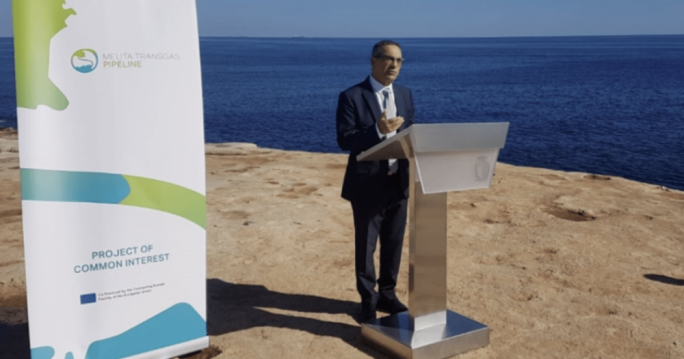
Editorial | The case for an anti-corruption inquiring magistrate
Corruption is not only criminal and unfair but like the Transport Malta case, can also be dangerous, since people could be driving on the road without having gone through the rigorous testing process

Police action against three Transport Malta officials allegedly involved in corruption linked to driving tests is commendable.
Acting on information received from an interpreter engaged by the authority to help in translations during car driving theory tests, the police have uncovered a wider web of deceit, corruption and favouritism with fingers pointing towards the political class.
When testifying in court, the police inspector said that one of the accused, a director at TM responsible for land transport, claimed having been pressured by a minister and people from a political party.
The names of the minister and the political party were not mentioned in court and one hopes this is because the police are continuing with their investigation to determine whether there are grounds for these political functionaries to be charged as well.
The underlying story in this case may seem petty – an act of corruption by a public official to ensure someone passes the driving test. It is not. It simply shows how widespread the malaise is.
But if this goes beyond the actions of the three public officers who have been charged and extends into the political realm by implicating ministers, MPs, party functionaries and their respective cronies, then we could potentially be looking at a more serious case of corruption on a grand scale to benefit the political ambitions of the individuals involved.
As sister newspaper MaltaToday pointed out in its leader of the Wednesday edition – the ‘tangentopoli’ case in Italy started off as a seemingly petty case but soon turned out to be a massive earthquake that shook a whole political class.
The driving test corruption case could easily contain the seeds of a Maltese ‘tangentopoli’ that implicates a political class that thrives on a culture of clientelism.
While the police must be given the space and time to continue pursuing this case to its end even if it means hauling politicians to court, it is only plausible to couch this feeling in a good dose of healthy suspicion. The sense of impunity that was allowed to rein under the Joseph Muscat administration, especially in the wake of the Panama Papers scandal, cannot be wiped out completely.
It is only justified that police action should be scrutinised closely. The decision not to mention the name of the minister and other politicians in court raises doubts as to how far the police will go but there may also be investigative reasons why the names were withheld. It is up to the police to justify their actions.
But what this case has revealed is the increasing need for a new method of investigation for cases involving corruption on a grand scale.
It is time for this country to seriously consider having a pool of investigative magistrates specifically dedicated to investigating and prosecuting corruption and organised crime. It would be similar to the Italian system, which worked effectively to hit back at the mafia and which effectively brought down the old political class in the 1990s with the ‘tangentopoli’ investigation.
This proposal is not new. The Alfred Sant administration between 1996 and 1998 had toyed with the idea but found resistance within the judiciary.
The Nationalist Party proposed the creation of such an anti-corruption magistrate earlier this year as part of a wider package of laws to bolster the fight against corruption and organised crime. This was shot down by the government.
The time is ripe to reconsider that proposal, improve upon it and implement it. Corruption is not only criminal and unfair but like the Transport Malta case, can also be dangerous, since people could be driving on the road without having gone through the rigorous testing process.



